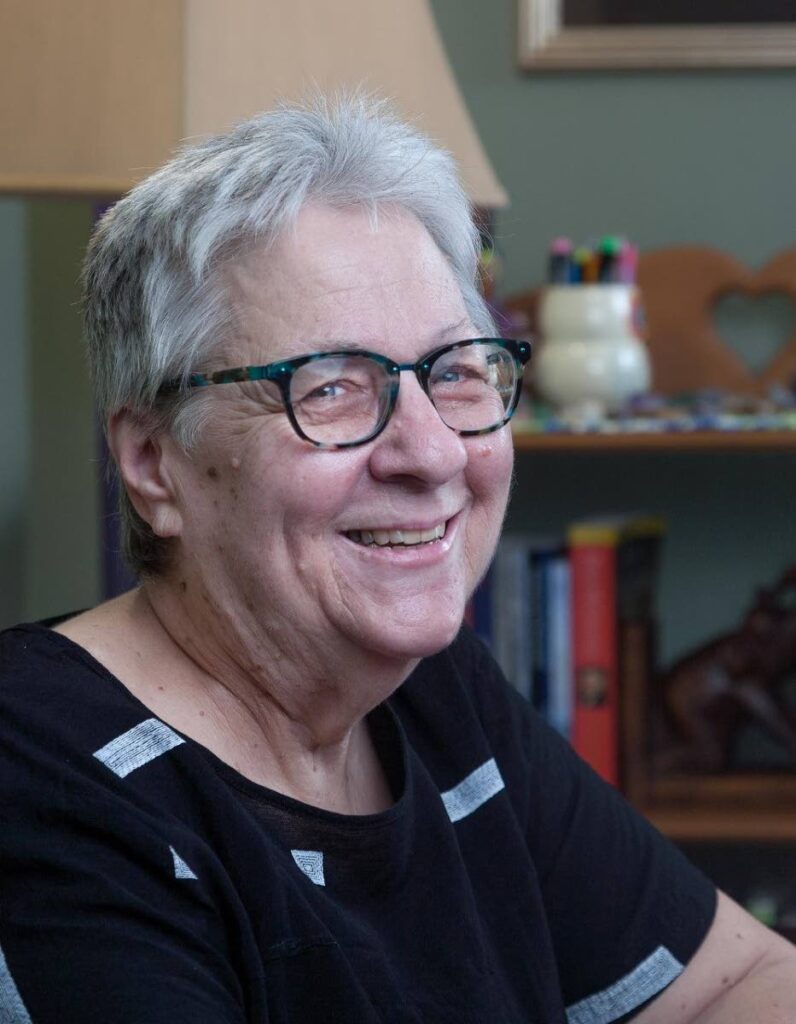Changing culture of crime, poverty

DEBBIE JACOB
WHEN THE sad news washes over me that one of my former students from prisons has been shot dead, the same visions come to me. I see them sitting in class – always in the same seat. They passed notes to me that read, “Thank you for teaching us.”
I see them rising from their chairs at one of our prison debates and blowing everyone in the audience away with their poise, confidence and articulate arguments. I see their mothers crying with joy through entire debates, and their sons hugging their mothers afterwards. Many of my debaters tell me, “My mother never saw me do anything positive before this.”
Kerry Swann, a debater from Remand Prison, refused to stay in the hospital for the allotted time after a follow-up operation to remove a bullet from his stomach because he did not want to miss his role as the opener in a debate.
“For the first time in my life, my 21-year-old son said he was proud of me,” Kerry said.
He wanted the opportunity to hear that praise from his son again.
I remember when they first came to me, often saying, “All I can feel is anger. I can’t concentrate on anything else,” but they learn to control their emotions and express themselves better than most people I know in the “free world.” They learn research, communication and collaboration skills.
Every prison debate made me feel the need to push for more relevant education that stresses leadership and communication skills.
I have seen young men in prison demonstrate remarkable bravery and determination to change. I think of my teenagers in that first CXC class in YTC who were willing to bare their souls so we could all understand the pain and anger that define the culture of poverty driving crime in this country. My YTC students showed individuality and together became the collective face of redemption.
Last week, a teenager I once taught in YTC told me he is a medic now and enjoys saving lives. Many of the young men I have taught in prison embody the essence of education. They return to their communities as positive leaders. Some took my certified barbering class and work as barbers, a profession where you can influence many people congregating in a shop as they wait for a haircut.
I had the privilege to know and teach Akili Charles, a champion for justice in this country. I always say that our purpose on this Earth is to make our souls soar in this life and the next. Akili surely achieved that goal. I learned more from Akili than he ever learned from me. He had a bold but quiet presence in a place where noise and anger reigned.
I am forever proud of Akili’s contributions to improving the justice system in this country. Akili hoped that the bail-for-murder-accused legislation he championed would force the law to hold police officers accountable for the arrests they make on hearsay evidence. No one ever believed in equality more than Akili did.
When Akili was gunned down, I cried endless tears, and then I grasped that feeling of hope that always sustains me. I know we can reclaim our country and solve our crime issues because I have seen young men in prison turn their lives around. The problems come when they re-enter the same culture of poverty; the same culture of crime.
We have to change that culture by creating more relevant education. Target reading because it is the foundation for education. It supports our communication skills. All the young men who develop a reading habit in prison fare better on the outside.
We need to offer more skill-based job training. Private businesses need to fund these programmes. They should adopt a school or community, send their workers to volunteer in those places, buy books for school libraries and show up to schools to read to children.
Every company should divide departments up to devote one day a week to community service. It will create happier and more productive employees.
We need to erase the line between the haves and the have-nots and take back this country one person, one school, one community at a time. We don’t need to pour more money into more police vehicles. Instead, revamp education and make community service our new, national culture.
The fight against crime is not a difficult battle. All it takes is care, commitment and the realisation that it is everyone’s battle.
RIP, Akili, those of us who knew you feel inspired to carry on.


Comments
"Changing culture of crime, poverty"